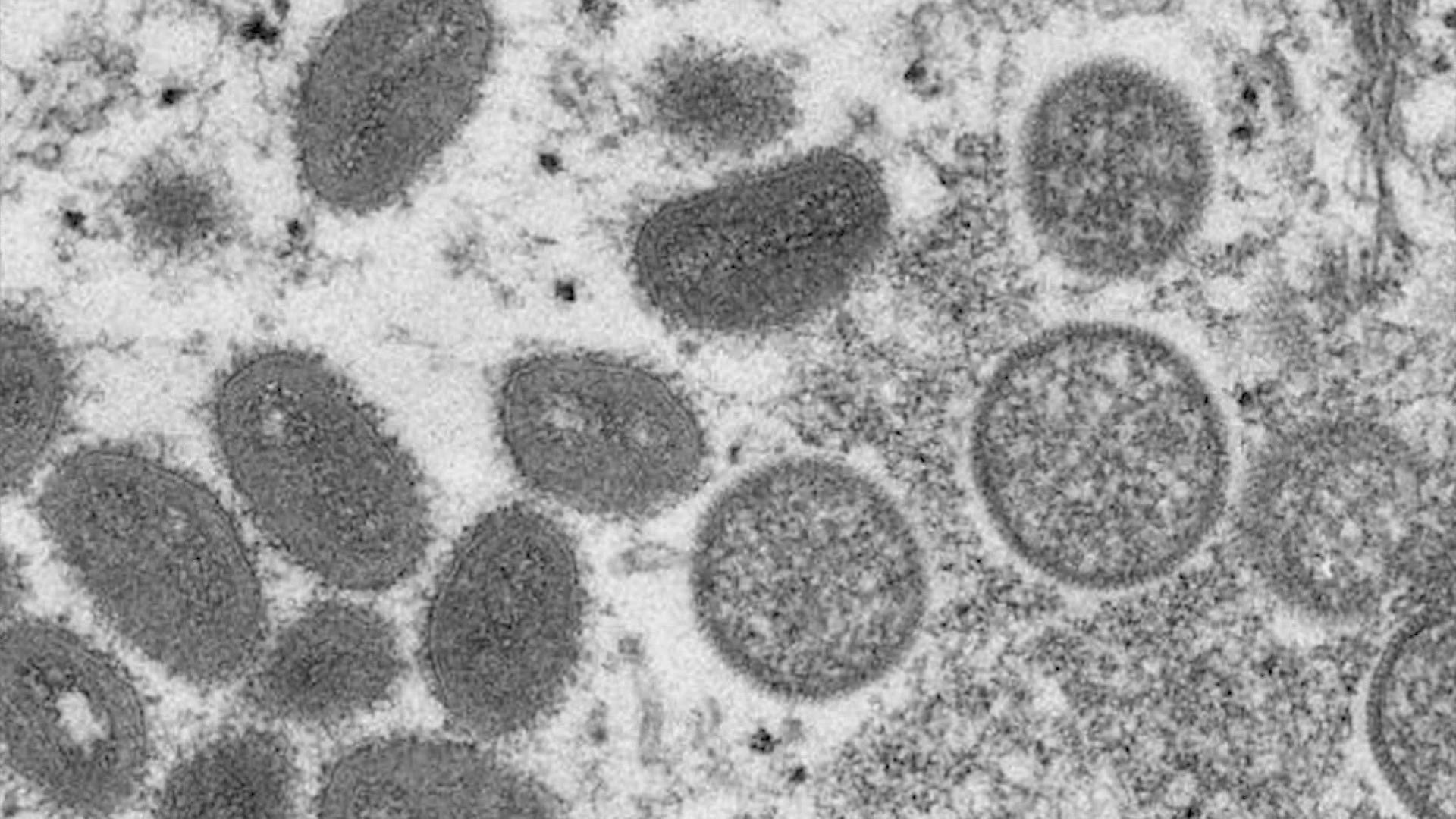More than 200 people in 27 states are reportedly being monitored for possible exposure to monkeypox after a Dallas resident who flew home from Nigeria was diagnosed with the disease. But federal health officials reportedly say none of those people are at "high risk."
“These individuals were on flights with the patient or had known contact with the patient. The investigation is ongoing and the numbers may change slightly in the days to follow, but at this time no additional cases have been identified,” Amanda MacGurn, a Centers for Disease Control and Prevention spokesperson, told Canada's CTV.
The man diagnosed with monkeypox was hospitalized in stable condition under isolation after returning from Nigeria on July 9.
Federal and state health officials said the traveler arrived at Dallas Love Field, following a stop in Atlanta, after an overnight flight from Nigeria.
The Centers for Disease Control and Prevention says the risk to others on the flights and in the airport is low, especially in light of COVID-19-related masking policies. However, efforts are underway to contact his fellow passengers.
Monkeypox is a rare viral pox-like disease from the smallpox family, only milder. It can be transmitted through respiratory droplets, contact with body fluids or contact with an infected animal or animal products.
The first human case of monkeypox was recorded in 1970 in the Democratic Republic of Congo. The United States saw a large outbreak among humans in 2003 after the virus spread from imported African rodents to pet prairie dogs. However, this is believed to be the first monkeypox virus infection in a Texas resident, according to Dallas County health officials.
Monkeypox symptoms typically begin with flu-like illness and swelling of the lymph nodes, then a widespread rash on the face and body, according to the CDC. Most infections last 2-4 weeks. Infections with this strain of monkeypox are fatal in about 1 in 100 people, but the mortality rate can be higher among those with weakened immune systems.

